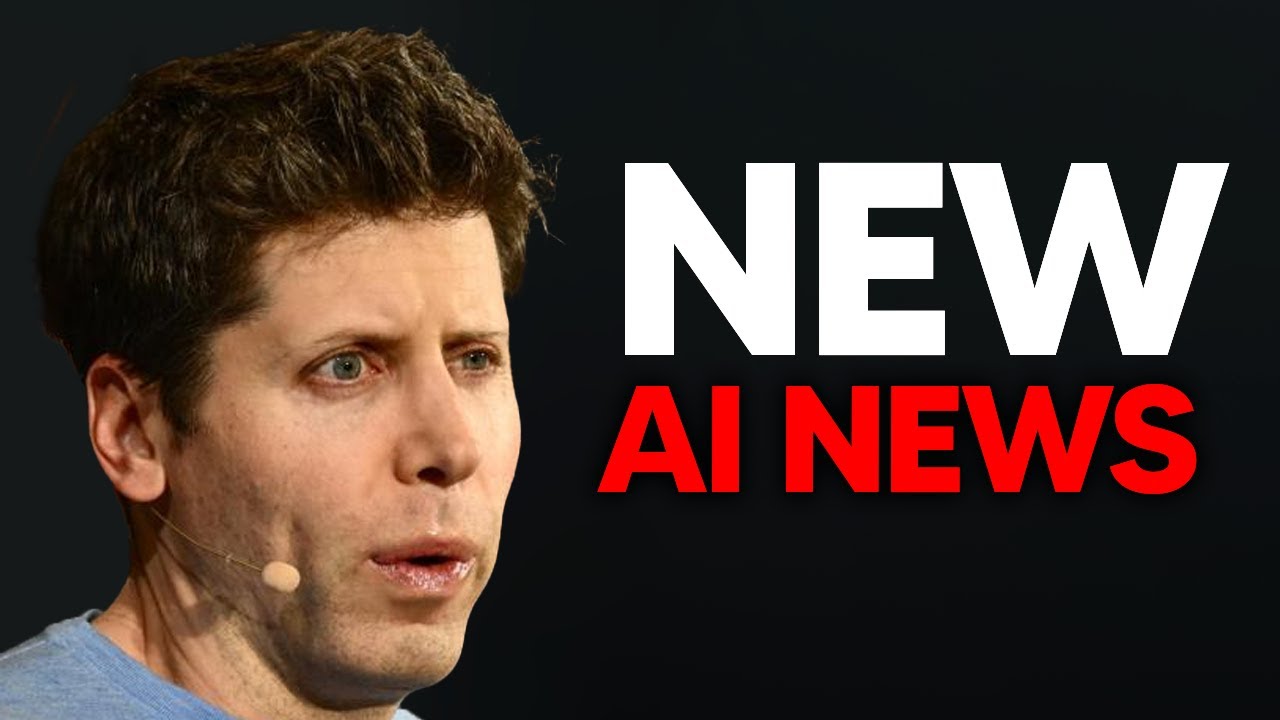The video highlights significant advancements in AI, including the promising MSA KPU model that outperforms existing models like OpenAI’s 01 Mini, and the anticipated release of Google Gemini 2.0 in December, which could challenge OpenAI’s dominance. It also discusses OpenAI’s plans for a web browser to enhance search capabilities, advancements in humanoid robotics, and the potential economic implications of artificial general intelligence (AGI) on productivity and wages.
The video discusses several significant developments in the AI landscape, focusing on emerging competitors and advancements in AI models. One notable competitor is the MSA KPU model, which has demonstrated superior reasoning capabilities compared to existing models like OpenAI’s 01 Mini. The video highlights a specific instance where the MSA KPU model successfully solved a complex math problem that other models struggled with, showcasing its advanced reasoning abilities. This model has been in development for several months, and its recent performance has garnered attention, suggesting it could challenge established players in the AI space.
The video also touches on the upcoming release of Google Gemini 2.0, with a leaked date suggesting it may launch in the second week of December. The original announcement from a Google Cloud AI executive indicated that Gemini 2.0 would be a significant update, potentially surpassing OpenAI’s models in performance. The competitive nature of the AI industry is emphasized, as both Google and OpenAI are likely to time their releases strategically to outshine each other, making the upcoming weeks crucial for AI advancements.
OpenAI is reportedly working on a web browser that integrates with its chatbot, aiming to enhance its search capabilities in various sectors like travel and retail. This move comes at a time when Google is facing scrutiny over its market dominance, with discussions about potentially selling Google Chrome to address antitrust concerns. The video suggests that if OpenAI successfully launches its browser, it could significantly impact the search landscape, especially if Google is forced to make structural changes to its operations.
The video also highlights advancements in robotics, particularly the development of humanoid robots. The CEO of Nvidia discusses the scalability of humanoid robots, arguing that their design allows them to operate effectively in environments built for humans. This perspective contrasts with traditional robots that may require significant adaptation to fit into existing spaces. The video showcases the progress made by companies like Figure, which has developed autonomous robots capable of performing tasks in real-world settings, indicating a promising future for robotics in various industries.
Finally, the video addresses the potential economic implications of artificial general intelligence (AGI). It presents a graph from the IMF predicting that while productivity may increase with AGI, wages could ultimately decline due to the widespread adoption of AI technologies. This scenario raises concerns about the future of work and the economy, as companies may rely heavily on AGI for efficiency, potentially leading to a price war that drives wages down. The discussion emphasizes the need for policymakers to consider these implications as AI continues to evolve and integrate into various sectors.
